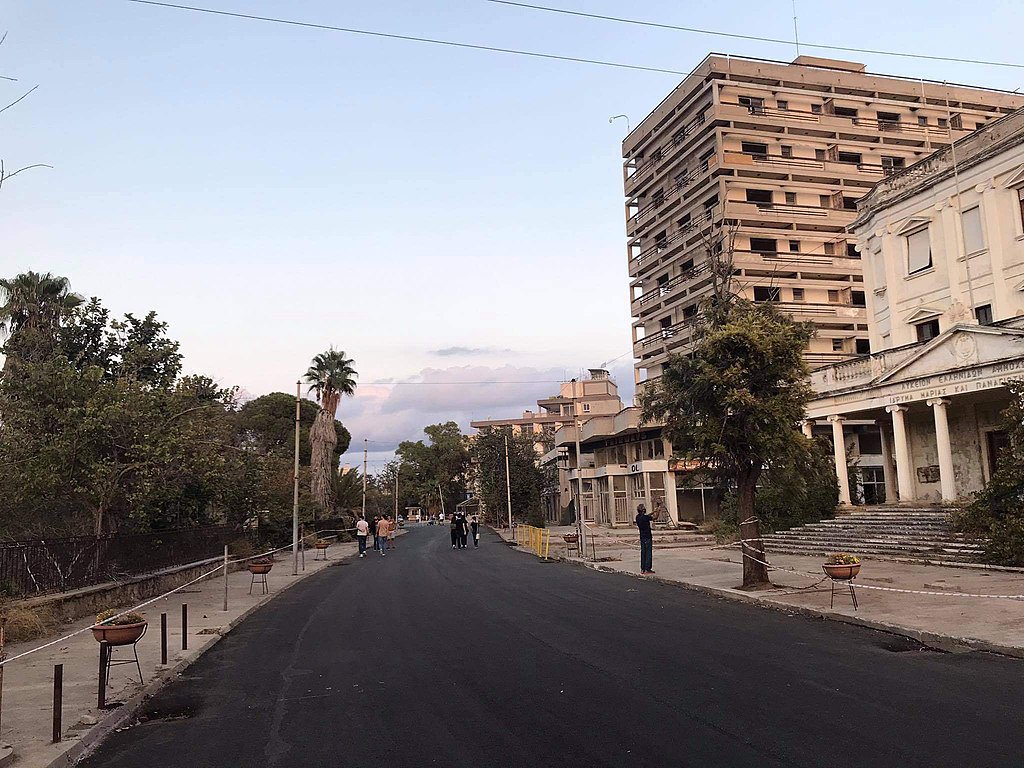The Immovable Property Commission (IPC) was a trap, President Nicos Anastasiades said on Saturday while commenting on reports that Turkish Cypriot religious endowment foundation Evkaf has been named as an interested party in a large portion of properties in Varosha.
Turkish Cypriot authorities announced in the summer that 3.5 per cent of the fenced area would be demilitarised and opened for settlement and called on property owners to file their claims to the IPC. The area is adjacent to the open, inhabited part of Varosha.
Anastasiades said that the government had warned Greek Cypriots against resorting to IPC which was seen as “a trap,” saying that the properties claimed by Evkaf were conveniently left out of the small area “offered as bait” to Greek Cypriots through IPC.
“The decision to name Evkaf an interested party in the fenced-off areas of Famagusta confirms that this was indeed a trap,” he said.
“As this has worried the government, we have not stopped acting in every way possible to secure the rights of those covered by resolutions 550 and 789, the owners and legal residents of the fenced-off area and beyond”.
Anastasiades also blamed the Turkish Cypriot and Turkish sides for the collapse of the talks on the Cyprus issue, adding that the government plans to present a proposal to the European Council asking Europe “to act towards a solution to the Cyprus problem and the adoption of essential confidence-building measures that will firstly restore trust and secondly, pave the way for a new, constructive dialogue.”
Famagusta mayor Simos Ioannou also weighed in on the reports, calling on Famagusta residents to be very cautious with the IPC, “Turkey’s way of usurping their rights and property through legal proceedings”.
The issue of Varosha must be dealt with through political, not legal routes, he said, adding that its residents have behind them UN Security Council resolutions, the support of the Security Council’s five permanent members and the EU.
This does not leave a lot of room for Turkey to move politically, he said, which has led to them moving through this legal route.
“It is a trojan horse, a trap set with the opening of 3 per cent of the fenced-off area and the invitation for residents to return through the IPC,” he said.







Click here to change your cookie preferences